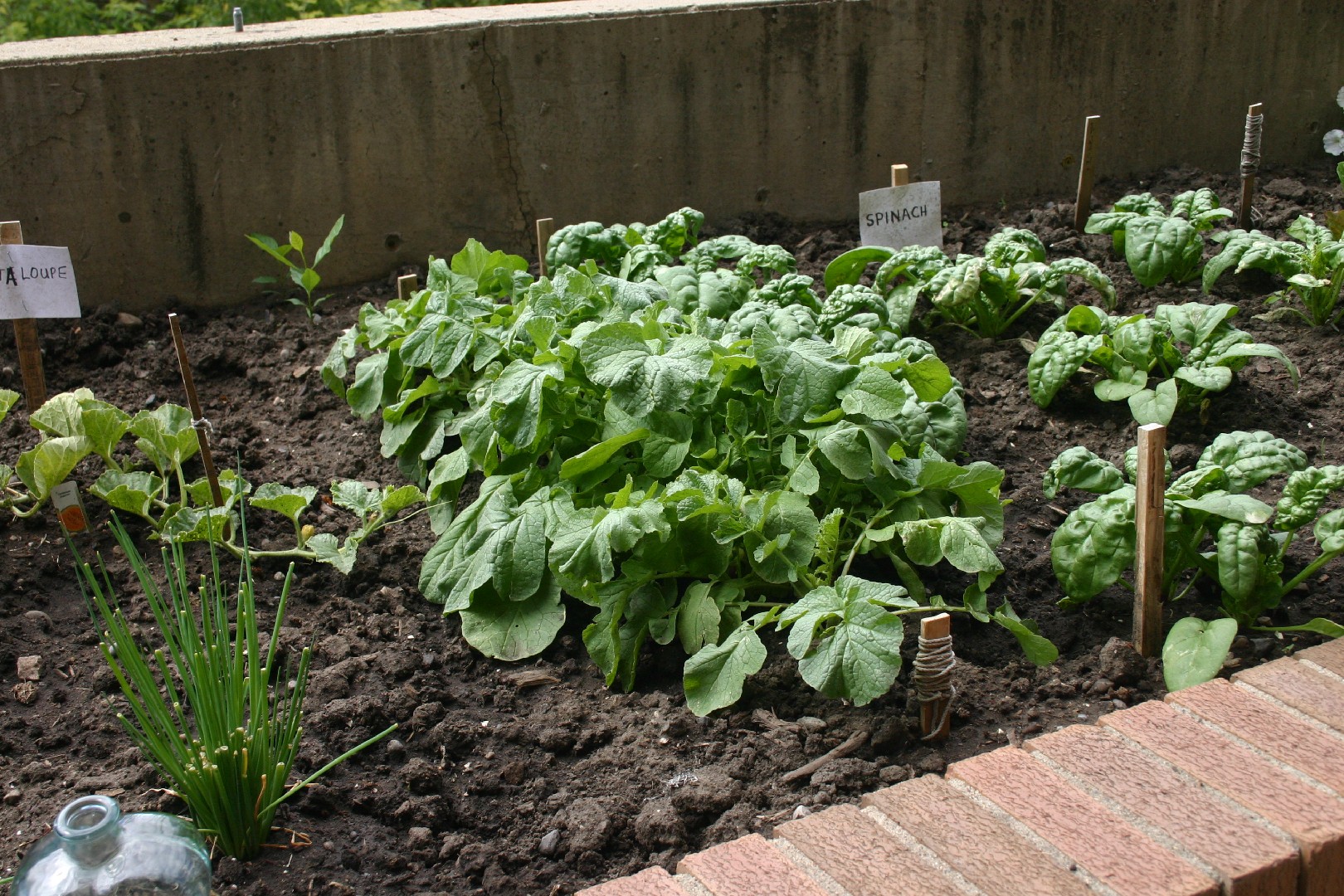![Rectangle]()
Working Wonders: How Organic Soil Amendments Improve Soil Health
Imagine stepping into your garden and being greeted by a lush oasis of vibrant plants, bursting with life and color. It's not an unattainable dream - with the wonders of organic soil amendments, you can revitalize your garden and create an environment where plants thrive and flourish.
Understanding soil structure and nutrients is the key to unlocking the full potential of your garden. Soil is more than just a medium for plants to grow in; it's a complex ecosystem teeming with life. Organic soil amendments help improve soil structure and nutrient content, providing the necessary elements for plant growth and health.
One method of improving soil structure is through the addition of organic matter, such as compost or well-rotted manure. These organic amendments enhance soil texture, allowing for better drainage and water retention. They also improve soil aeration, ensuring that plant roots can access the oxygen they need to grow and develop.
In addition to enhancing soil structure, organic amendments also play a crucial role in improving nutrient content. Many traditional chemical fertilizers provide plants with a quick burst of nutrients, but organic amendments offer a more sustainable and long-lasting solution. By adding organic matter to the soil, nutrients become available in a slow-release form, ensuring a steady supply for plants over time. This gradual release of nutrients promotes healthier plant growth and reduces the risk of nutrient deficiencies or imbalances.
But the benefits don't end there. Organic soil amendments have a positive impact on soil microbes and beneficial organisms, which play a crucial role in maintaining soil health. These microscopic organisms break down organic matter, releasing nutrients and making them available to plants. They also help control pests and diseases, creating a natural balance in the garden ecosystem. By nurturing these beneficial organisms, organic amendments contribute to the overall resilience and sustainability of your garden.
So how can you harness the power of organic soil amendments in your own garden? Start by incorporating organic matter into your soil regularly. Compost kitchen waste, leaves, and grass clippings, and mix them into the top few inches of soil. Consider using cover crops like clover or buckwheat, which can be turned into the soil to add organic matter when they reach maturity.
It's also essential to select organic amendments that align with your specific gardening goals. For example, if you're looking to improve soil fertility, consider adding well-rotted manure or compost that's rich in nutrients. For sandy or clay soils, amendments like peat moss or vermiculite can help improve water retention and drainage.
In conclusion, organic soil amendments are a powerful tool for revitalizing your garden and improving soil health. By understanding the importance of soil structure and nutrients, and harnessing the benefits of organic matter, you can create an environment where plants thrive and your garden flourishes. So why wait? Start incorporating organic soil amendments into your garden today and experience the wonders they can work for yourself.





